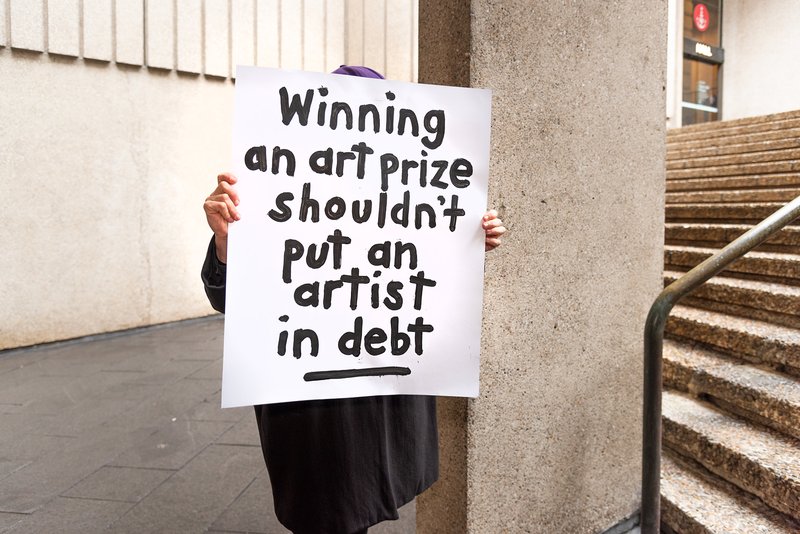Visual artists lead the call for tax reform
Media release: Visual arts make up more than a third of submissions to NSW Government’s tax consultation.
Media release: Visual arts make up more than a third of submissions to NSW Government’s tax consultation.

The NSW Government has released its summary of submissions to the Art of Tax Reform consultation, and of the 307 submissions received, more than one in three (35%) came from the visual arts. That’s a clear message: the current tax system isn’t working for artists, and reform is long overdue.
The National Association for the Visual Arts (NAVA) welcomes the consultation summary as a significant opportunity to modernise tax settings so they reflect the realities of artistic work.
“This is the most momentum we’ve seen on tax reform for the arts in decades,” said Penelope Benton, Executive Director of NAVA.
“Artists are sole traders, small business operators, cultural workers and innovators - yet the current tax system penalises them at almost every turn. We’ve been advocating for these changes for years. Now they’re finally on the table.”
NAVA’s submission to the consultation, grounded in over two decades of policy research and the organisation’s 2025 Tax Survey, outlined practical reforms across income tax, GST, grants and prizes, workspace affordability, and superannuation. Many of these ideas are now reflected in the government’s summary report, including:
“Current tax settings contribute directly to the precarity of artists, pushing many into poverty and making long-term careers financially unsustainable,” said Benton.
“Tax settings should enable creative practice, not penalise it. If enacted, these reforms would reduce financial pressure, improve income security, and help artists build sustainable careers.”
“Taxing art prizes like regular income ignores the reality of how artists work. One-off prizes can distort annual income, triggering GST registration, HELP debt, and significant tax bills that outweigh the prize itself. Instead of helping artists thrive, the current system can leave them worse off.
Findings from NAVA’s 2025 Tax Survey reveal the toll of the current system:
“Artists aren’t asking for special treatment, they’re asking for reasonable and realistic tax settings that reflect the nature of their work,” said Benton.
“This consultation shows there is both political will and sector-wide consensus. We’re optimistic that meaningful, lasting reform is within reach.”
NAVA staff will attend the Art of Tax Reform Summit this week and continue working closely with policymakers and the sector to progress reforms. Benton noted that many of the proposals now under consideration have been seeded through years of advocacy including NAVA’s Visual Arts Industry Guidelines Research Project (VAIGRP) (2001), Big Picture report (2005), and the Myer Inquiry into the Contemporary Visual Arts and Craft Sector (2002).
“It’s taken time to get here, but the conversation has shifted. Artists have shown up, spoken out, and offered real solutions. This is what policy change looks like, and it gives me enormous hope for what’s next.”
Photo by Garry Trinh.
ID: A person is holding a protest sign that reads “Winning an art prize shouldn't put an artist in debt” in bold black letters. They stand near a concrete wall and staircase.